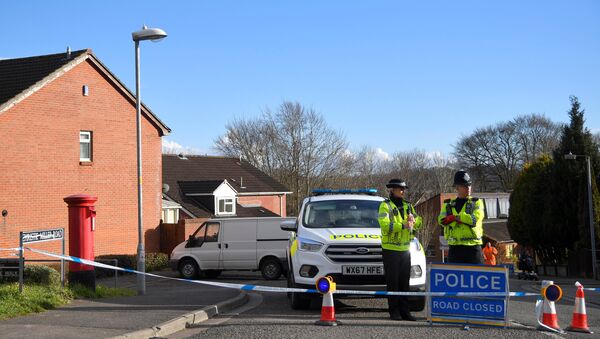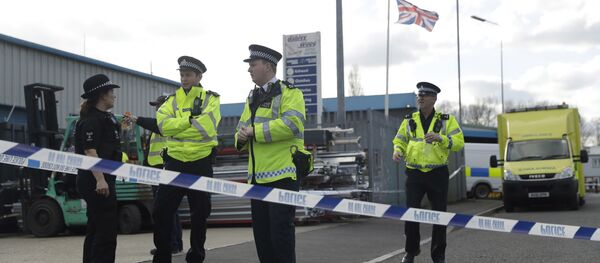"This incident… is it something that benefits Russia before on the eve of presidential elections and the World Football Championship?" Nebenzia said on Wednesday.
UK Prime Minister May in an address to parliament earlier in the day blamed Russia for the nerve agent attack on Skripal. According to May, the substance used in the incident is a military-grade nerve agent of the so-called Novichok group, developed in Russia.
Nebenzia reiterated his earlier statement that any kind of provocation against Moscow could happen before key international events.
The envoy said he could name a number of countries who would profit from the attack in Salisbury. Yet, he did not specify what states he considered responsible for the incident, citing the principle of the presumption of innocence.
Meanwhile, the UK is not obliged to provide samples of the substance collected in the probe into the poisoning of former Russian intelligence officer Sergei Skripal, Deputy UK Envoy to the UN Jonathan Allen told the Security Council.
"The Russian colleagues talked about samples, but again this is a misunderstanding of the convention," Allen said on Wednesday. "There are no provisions in the convention which require the UK to share samples collected as part of a criminal investigation."
Russian officials have rejected London's claims that Moscow was in any way involved in the incident. Foreign Minister Sergey Lavrov has stressed that Russia was ready to cooperate on the investigation but needed to have access to the case materials, including samples of the substance in question.
On March 4, Skripal, who had been accused of espionage on behalf of London and later granted an asylum in the United Kingdom after a US-Russia spy exchange, and his daughter were found unconscious on a bench at a shopping center in Salisbury. Both of them remain in critical condition and are being treated for suspected exposure to a nerve agent.



